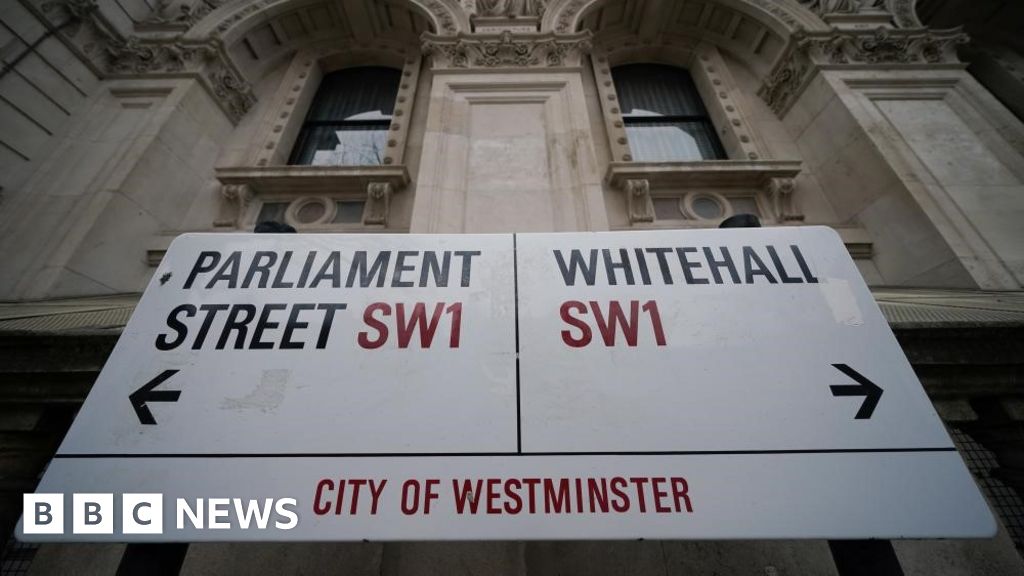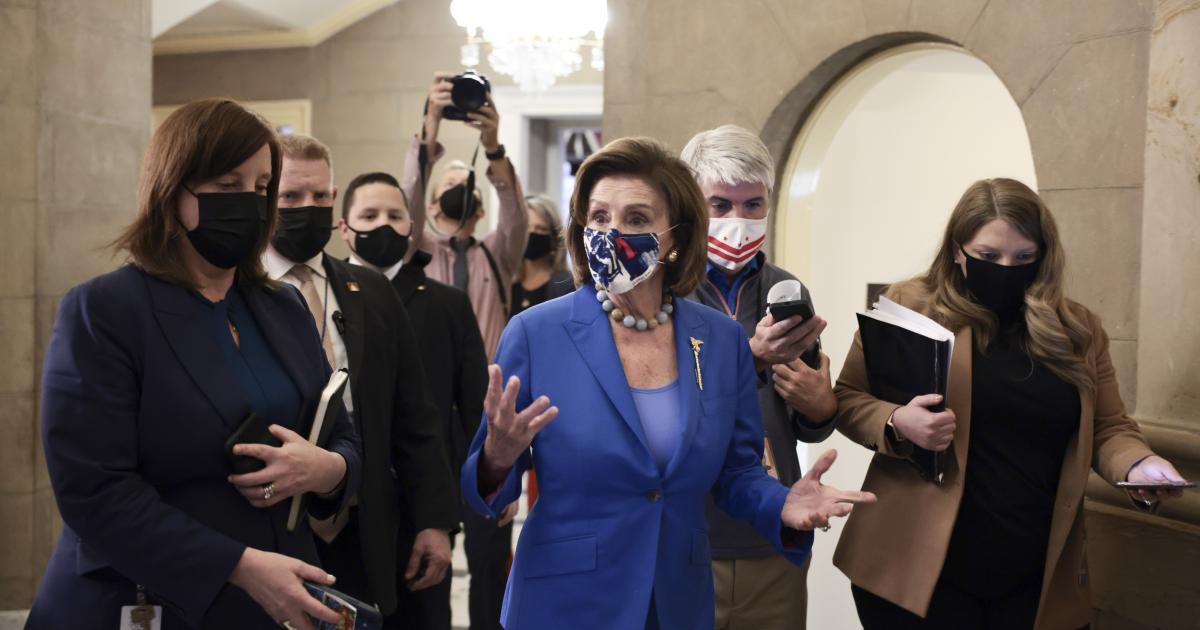Apparently it means not seeing more than 25 patients a day. Since the recommended time per patient consultation is 5 minutes, that means working for just over 2 hours a day.
It also means not working beyond their contracted hours, whatever they are.
.
I mentioned before that my partner is / was a GP. She just retired recently.
She started work at 8 am and often did not finish until ten at night. Certainly eight in the evening was quite typical. There was rarely any time during the day when she was not at work. Instead of having a lunch break, she sneaked the odd biscuit from her desk drawer between patients because there was no time for breaks.
I am unsure of how many patients she saw, but the target consultation time was ten minutes. Often they ran over this, because people rarely come in with a succinct description of what they want to say. She said, quite often they would drop the really significant point about how they were as they were about to leave, or almost on the way out of the door. Anyway - the other thing to say is that the work is far more than just seeing patients in surgery.
After morning surgery she would visit housebound people and those who were dying at home. There was a late afternoon surgery, and later a long evening surgery. There are lots of blood results to be gone through, referrals to hospital or interactions with consultants about further treatment after hospital discharge, and also writing of reports and letters to refer patients to hospital for investigation, oh - and prescription checking and reviewing the drugs people were on.
They also have to run the mundane day to day matters of the practice such as paying their staff and managing budgets. It is probable that about 2/3 s of the actual work is seeing patients. The point you make about 2 hours a day is very far from correct.
When I first got to know her, she was also expected to be on call at nights and weekends on a roster like one weekend on one off and similar for some nights. I can remember when I helped out one night by looking after her children, I got a number of calls at her house put through automatically by the surgery phone system, and I had to take the details and refer them on to her. One of them was from a man who was completely drunk - an alcoholic who had been seen that afternoon, but thought it appropriate to call at 10.30 at night complaining that he was an alcoholic. The surgery contracted out the out of hours job to a specialist organisation. I am not surprised. The idea of working an onerous day job which takes up about twelve hours a day and then being called at night and going out to attend people at home is impossible to live with.
She was once held against her will on a late night visit by an unstable man who locked the doors of his house when she came and was reluctant to let her leave. This was a pretty disturbing experience. She was on occasion threatened by people trying to get prescriptions for opiates, when for obvious reasons they were refused.
However - at the time I am talking about, it was generally not at all difficult to get an appointment. Partly - I believe the current difficulties in getting seen in 2023 2024 by your GP is that there have been real recruitment problems. When my partner was working, the practice had massive problems recruiting new GPs when any left. They had 17000 patients and about 7 full time doctors. When a couple left, they could not find anyone else to replace them. The workload at that time was so heavy that it was soul destroying.
It is certainly the case that now many practices are operating a triage system when people ring in for appointments. It is usual that you are asked to describe the matter you want attention for and the person doing the triaging will put the case into certain categories - urgent, non urgent, see the nurse, see the pharmacist etc.

www.norden.org













